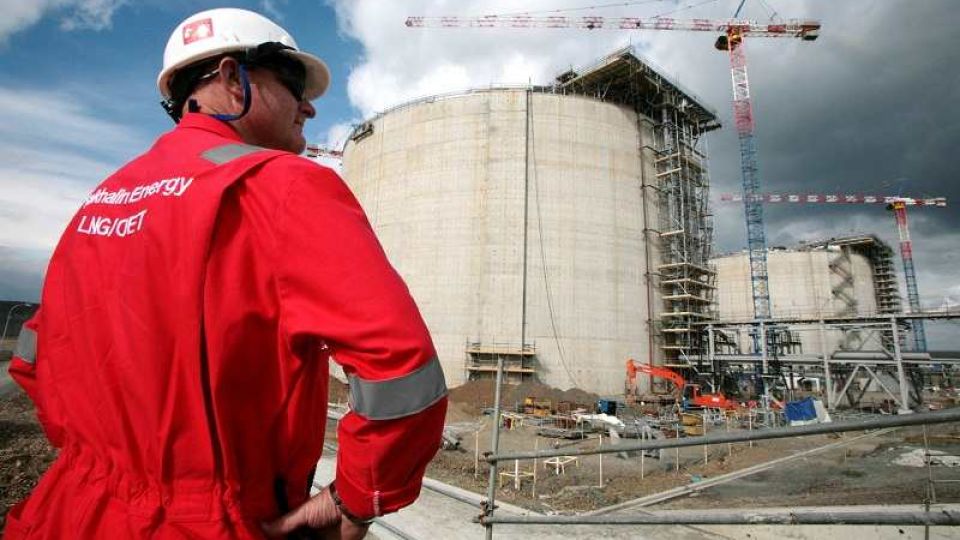July 7, 2022
TOKYO – Russia’s establishment of a law requiring oil and natural gas development projects to be conducted by Russian companies indicates the government of President Vladimir Putin is strengthening its stance on shutting out foreign firms.
On June 30, Russia issued a presidential decree that paved the way for the de facto seizure of the Sakhalin-2 oil and natural gas project in the Russian Far East, in which companies from Japan and other countries are involved.
The decree is seen as retaliation against Japan and other countries that imposed sanctions on Russia over its invasion of Ukraine.
On June 28, Russia enforced revised legislation on underground resources that was signed into law by Putin. The law requires foreign companies that hold licenses necessary for resource development in Russia to initiate procedures within a certain period for transferring licenses to Russian firms or having licenses reissued.
The law also states that licenses will be revoked if the procedures are not completed.
Duma Chairman Vyacheslav Volodin stated at the time the bill was passed by the lower house that a ban on the exploitation of underground resources by foreign companies protects Russia’s economic interests.
In March, Exxon Mobil Corp. withdrew from the Sakhalin-1 oil and gas project, in which Japan and India are involved. It is believed the revised law might also affect the Sakhalin-1 project.
Japan wants explanation
The Japanese government has requested through diplomatic channels that Russia explain the details of the presidential decree, including deadlines for various procedures and the conditions for investment, Economy, Trade, and Industry Minister Koichi Hagiuda said Tuesday.
The decree requires shareholders other than Russia’s state-run Gazprom — such as Mitsui & Co. and Mitsubishi Corp. — to answer within one month whether they agree to the acquisition of the shares by a new Russian company that will take over the project.
“I want to thoroughly scrutinize the details to figure out at what point the deadline start,” Hagiuda said.
Of the liquefied natural gas that Japan procures, about 10% comes from Sakhalin-2.
“The project is important from the viewpoint of electricity and gas supply stability. The government will work closely with the private sector to ensure the stability of supply,” Hagiuda said.

